Legacy Stories
George Andrie
George Andrie was a standout football player for Marquette University and later for the Dallas Cowboys. He was an important part of the Cowboys’ “Doomsday Defense” and is still top-five all-time in career sacks for the Cowboys. As an adult, Andrie had a series of psychotic episodes and was diagnosed with major depressive disorder in 2003. Andrie’s memory and condition progressively declined and he experienced bouts of memory loss. After his death in 2018, Dr. Ann McKee of the VA-BU-CLF Brain Bank discovered Andrie had stage 4 (of 4) Chronic Traumatic Encephalopathy (CTE). Andrie’s family shared his story to honor his wish to turn his disease into a positive for others.
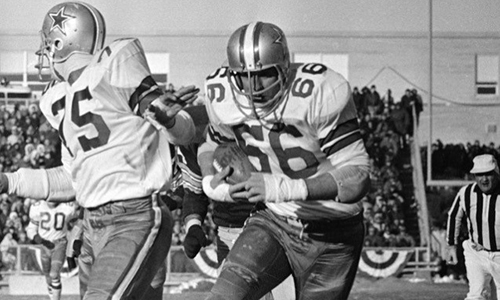
By Mary Andrie-Brooks, George's daughter,
George Andrie was a defensive standout for the Dallas Cowboys from 1962-1972. A five-time Pro Bowler, George was a pivotal part of the Cowboys’ Doomsday Defense. George is still top-five in single-season sacks and career sacks for the Dallas Cowboys. He was a powerful star as a defensive end, and a bigger star in his personal life.
George went to Marquette University on a football scholarship. A phenomenal athlete, he had the opportunity to play basically every sport in college.
George was a man of integrity. He and his wife, Mary Lou, had seven children. They stayed together until the day they died. True love.

Dad had symptoms in the middle of his life that plagued him. He had a series of psychotic episodes, which led him to a 14-day stay in the psychiatric hospital where they diagnosed him with major depressive disorder in 2003. He shared that he heard voices and had hallucinations. Yet after thorough examinations, he was never diagnosed with any mental illness that would explain these symptoms.
But things only got worse. He got lost in his boat on the Great Lakes fishing one day, a trip he had made many times before. Luckily, he made it home as he had forgotten his cellphone. It really shook him, and he began to get very scared. He lost interest in his hobbies and became withdrawn.
He would go to the grocery store with a detailed list and forget how to get there. Then if he did arrive, he forgot he had a list. He would get embarrassed and became a person who avoided social situations where he said, “He might sound stupid.” His short-term memory was so bad that he would walk into a room and forget why he went in there.
Finally, Dad said he was going to a neurologist to answer a question he was asking himself, “What the hell is wrong with me?”
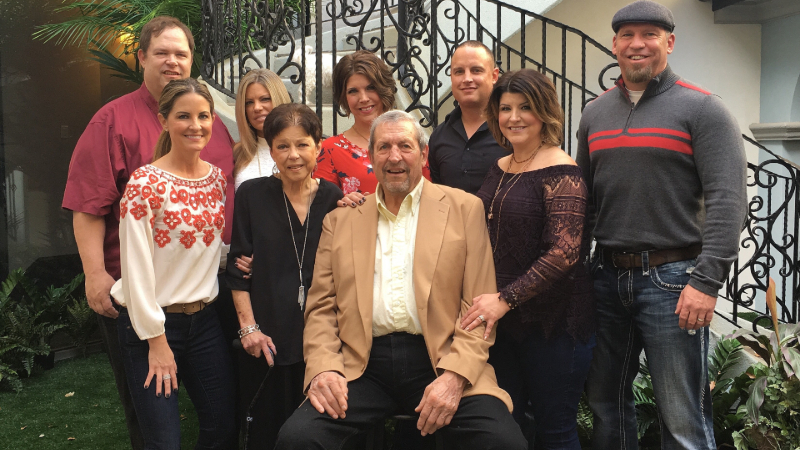
The secret no one knew was later discovered in 2019. After his death in August 2018, George’s brain was sent to the VA-BU-CLF Brain Bank in Boston. There, neuropathologist Dr. Russ Huber and a team of researchers diagnosed George with Stage 4 (of 4) Chronic Traumatic Encephalopathy (CTE).
George’s stage of CTE was the worst, but also had progressed substantially in the worst stage.
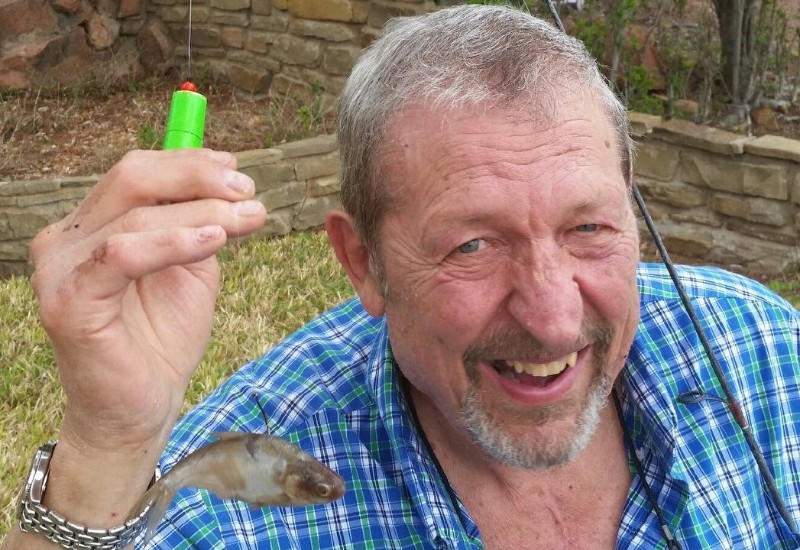
George’s family had suspected he was suffering from CTE for four years before his death. Realizing he might be suffering from the disease helped George understand that he couldn’t entirely control what was happening to him. An improved understanding of the behavior and struggles he faced made an enormous positive difference in the relationships George had with his wife, Mary Lou, and his seven children. This awareness was possible because of the Concussion Legacy Foundation. CLF works tirelessly to spread awareness, research, and support to CTE families. We are eternally grateful to them.
When George learned about the degenerative brain disease CTE, he said he wasn’t surprised. He was especially concerned for his football comrades; those who played before him, and those who would be affected later. He became very vocal and passionate about speaking out to help others understand they were not alone in their suffering. He encouraged his family to turn his illness into positive change for others, never thinking about himself. George said if he knew football would bring him to where he was, he would have chosen differently. He said he would have been a pro golfer Instead.
Make no mistake, George and his family are very proud of his pro football accomplishments. We just wish the outcome were different, but you can’t escape reality.
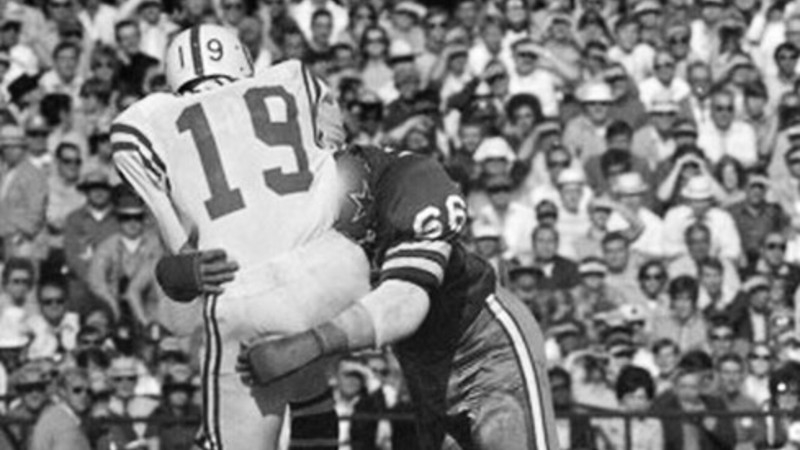
George has made a difference. His voice is loud and lives on in his family. We will never stop sharing his and our story.
Thank you, Dad..... For everything.... The Concussion Legacy Foundation and your children will carry on your remarkable Legacy forever.
You May Also Like
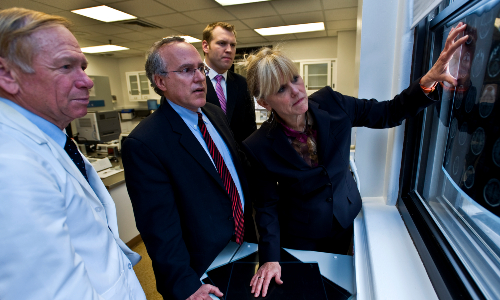
Although we cannot yet accurately diagnose CTE in living people, a specialist can help treat the symptoms presenting the most challenges.
CTE Treatments
Those struggling with suspected CTE are not the only ones who need support. View tools and resources for CTE caregivers.
Caregiving for CTE